In October and November 2017. Rama conducts individual consultations as a psychotherapist in Nakhodka and Vladivostok (Primorsky Krai).
As we already wrote earlier, people with the diagnosis of
Vegeto-vascular dystonia (VSD) became the most frequent reason for
seeking help in consultations.
In this article, we would like to deal with one of the manifestations of Vegeto-vascular dystonia - Panic ATTACKS.
Panic
attacks are sudden attacks of intense fear accompanied by physical
symptoms: rapid heartbeat, dry mouth, nausea, sweating, chest pain. Unlike phobias, attacks of fear are not associated with an object or situation, they develop on an equal footing. Simply
put, a phobia is when you are afraid of something specific (planes,
enclosed spaces, etc.), and a panic attack is when you are simply
afraid. It is not known what.
A panic attack can appear anywhere and in the most usual situation. Here you just go to work / sit in a cafe / do household chores, and suddenly - an attack. As they say, nothing foreshadowed.
Sometimes
panic attacks behave so cleverly that the person of the feeling of fear
does not feel, and reacts only with physical symptoms. The body has a fear for it. In this case, a variety of body systems fail. If a panic attack "hits", for example, on the digestive system, then
there is nausea, vomiting, diarrhea, pain or discomfort in the abdomen.
The respiratory system gives rise to a rapid breathing or a feeling of suffocation. In addition, during a panic attack often increases sweating, throws in heat or cold, there is a pre-stupor, and / or dizzy.
But usually this is not as frightening as cardiovascular symptoms. And after all, this is how often panic attacks manifest themselves: the heart rate increases, and pains appear in the chest. These are the symptoms that usually cause a real panic. It seems to a person that something is wrong with his heart. Many run to the cardiologist, but he does not show any pathologies.
Despite the joyful news from the doctor, it is easier for such a person does not become. Attacks do not disappear. Moreover: if panic attacks are not treated, then the condition will worsen. Many people think that "treating" means "drinking medicine". But
in this case, the drugs will not get rid of the cause, but only
temporarily remove the symptoms (or completely shake the psyche, if you
drink them without the supervision of a doctor).
What else do you need to know about panic attacks?
First, that in themselves they are not dangerous for physical health. Yes, during an attack it seems as if you are about to die, that your heart will not stand it. But this is not so.- Secondly, panic attacks respond well to treatment. Many people (a big hello to men) hide that they suffer from panic attacks, and in vain - this is not a sign of weakness or cowardice, but simply the need to pass ... maintenance. If you need to change the pads, this does not mean that the car is about to landfill. But you should not pull with this business, you understand.
- Thirdly, the information that attacks do not last long is useful. Panic will not torment for hours, it will retreat in a few minutes.
- Finally, we got to the most interesting: how to cope with a panic attack?
That's how.
1. Talk about it.
In detail, tell the person sitting next to you (preferably a friend) about what's happening to you. First of all, what happens in the body, describe the symptoms in as much detail as possible. For example, "I'm just a little dizzy now, I'm sick, and my heart is beating badly." There are thoughts that I might get sick. "My hands are getting cold, I feel bad under my feet" -and so on. The main thing is not to be silent and remember that the more slowly you speak, the faster you will let go.
By the way, this method helps with any anxiety, whether it's excitement before a public performance, first date or obsessive fears.
If no one is around, or you are embarrassed to attack a person and load him with terrible details, then write the same thing on paper. It's like you're talking to someone.
2. Apply breathing techniques.
In general, during panic attacks, it is very important to find contact with your own body, in order to return to reality through it. You can alternately strain and relax the muscles; you can concentrate on what your feet feel, the back (you on the chair? What kind is it?), hands, etc.
As for breathing, there are two good tricks here.
Firstly, it's "four scores". Inhale, hold breath, exhale and one more breath holding before the next breath - and each of these actions must be done, counting to four himself.
Secondly, breathe in the sachet. We do not need oxygen, but carbon dioxide. Save yourself from hyperventilation, from it only becomes more terrible.
3. Look closer to reality.
For
example, consider cars passing by (preferably some specific color),
describe the objects around you, invent a story about what is next. In a word, notice what's around.
By
the way, that's why during the take-off and landing in the airplane you
are asked to open the portholes of the windows: so people see how the
plane actually moves. He can make sure with his own eyes that even if he feels fear and
imagination draws all sorts of horrors, then in reality there is no
reason for him.
4. To draw.
This children's reception works surprisingly well for adults. It is necessary to draw an alarm in the form of an image. What or who does she look like? What color, size? Is it fluffy, sharp, dense? And what does the face express? What is her mood? How does she feel?
And then we need to draw a house for her. To her there was comfortable. Maybe she's so harmful, because she does not have a cat? Let's draw her a cat. The technique is funny, but useful.
5. And do not forget that alarm reduces physical contact.
Ask to take your hand, or even better - hug. "Hugs" and not from this save :).
These techniques will help cope with the attack of panic attack.
But what is important is not only what we do during the attack, but also what we do between them.
If
you are prone to panic attacks, then please do not forget to follow the
sleep and rest regime: you are sensitive to stress, and it is extremely
necessary to take care of restoring one's strength.
It is necessary to find a specialist (psychotherapist) and together with him to develop a system of practices for recovery.
And remember that the feelings themselves do not hurt. It hurts that we hold them.
Be healthy!


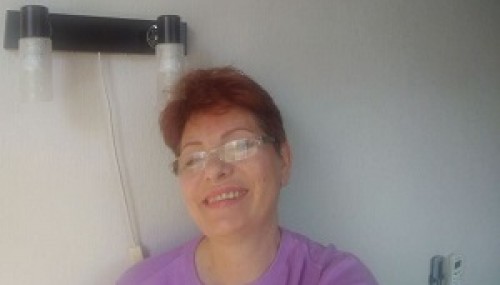

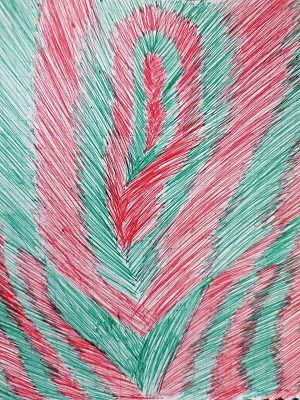

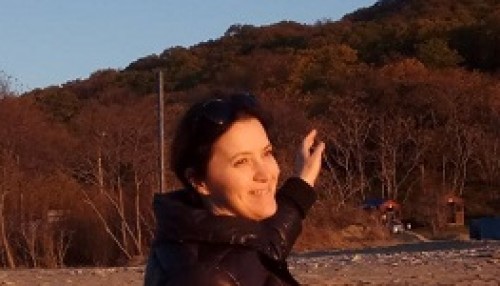

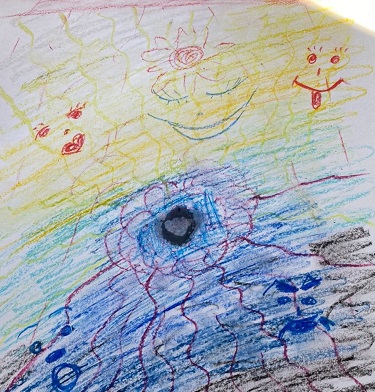

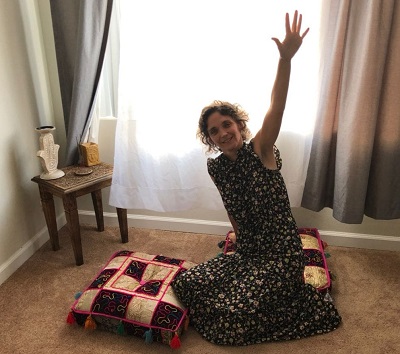
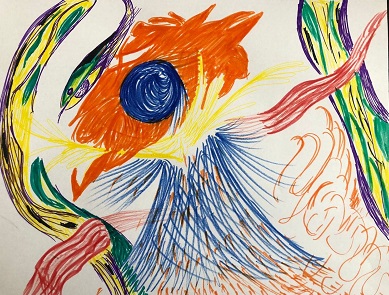



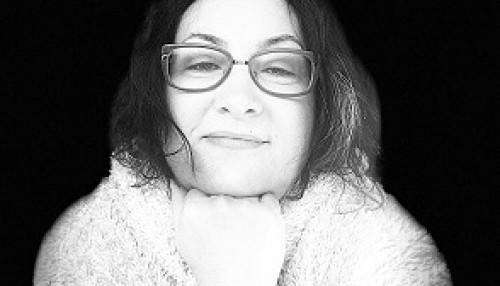

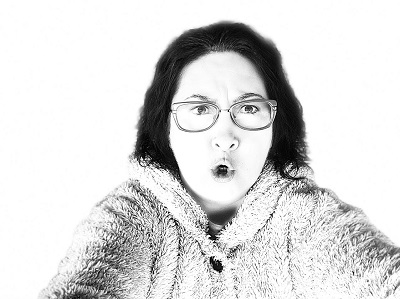


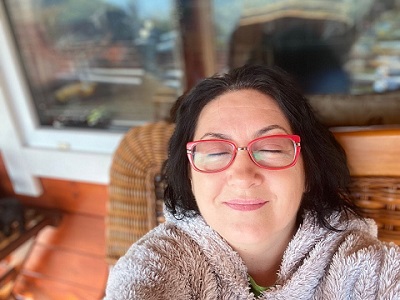






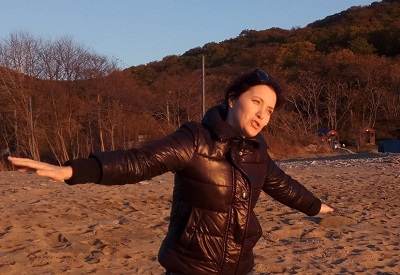
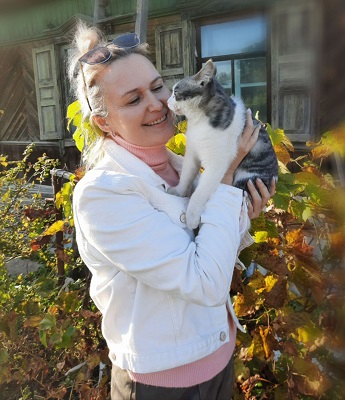


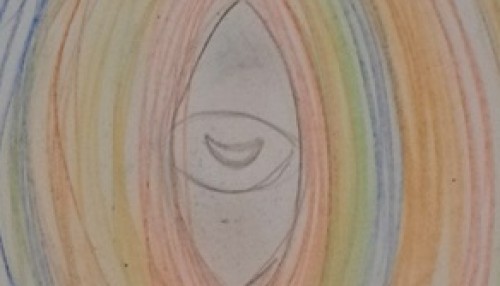




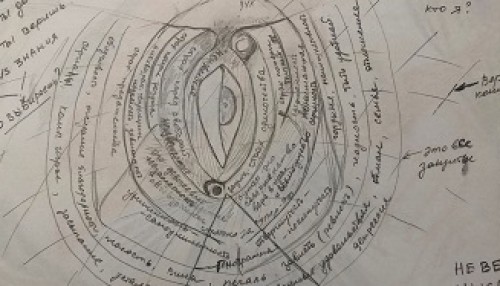
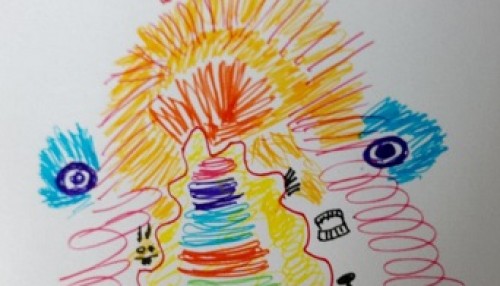




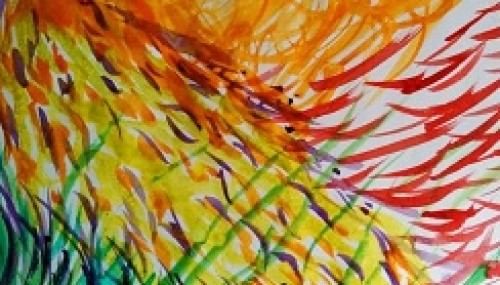




Комментарии
Войдите на сайт чтобы оставить комментарий
Войти